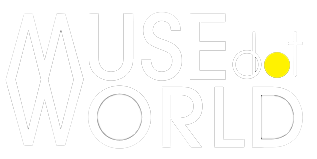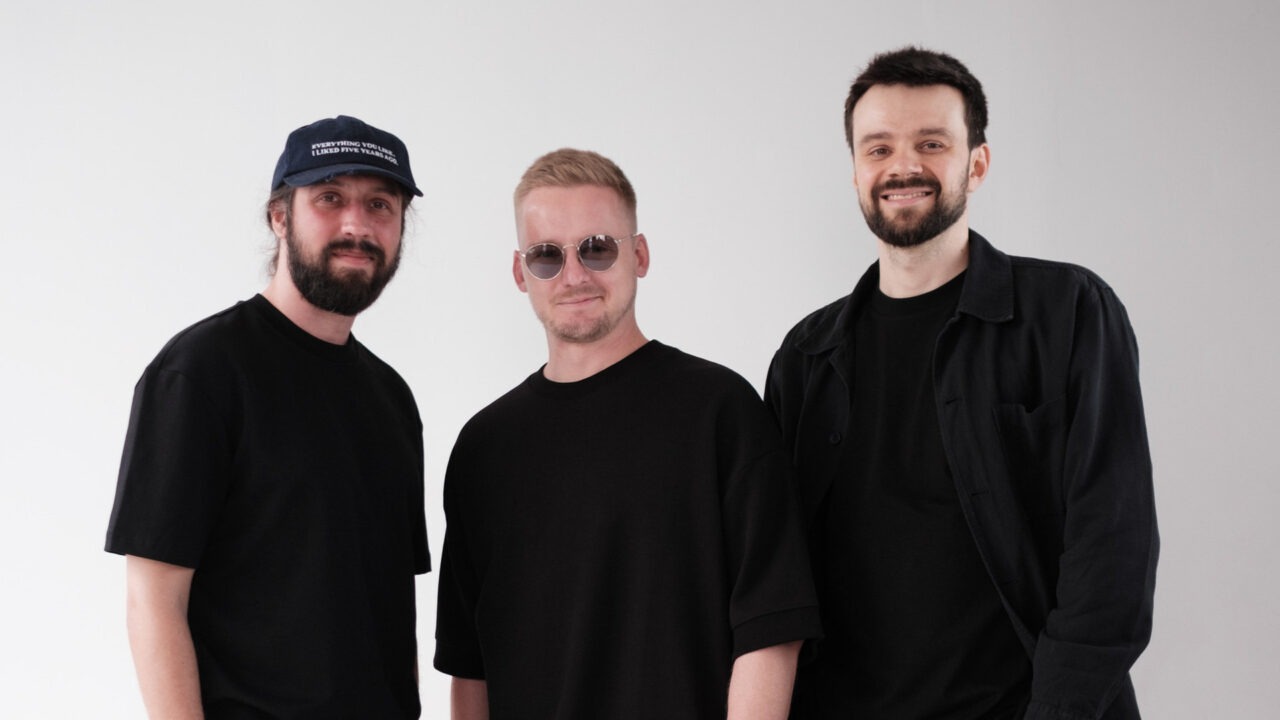Priyanka Das Powers Tomorrow’s Manufacturing Lines

MarSun DiDi: The Fusion of 5G, AI & NFT in Everyday Life
April 21, 2025
Gigantamax Unleashed: Pokémon GO’s Cinematic Evolution
April 21, 2025Priyanka Das
Priyanka Das is a Controls Engineer at Ford Motor Company with a strong background in robotics, automation, and electrical systems, previously contributing to key manufacturing innovations at Tesla. Holding advanced degrees in Electrical Engineering, she actively supports STEM outreach, mentors aspiring engineers, and engages with global technical and humanitarian initiatives.
I am a dynamic and driven Controls Engineer with a robust background in robotics, automation, and electrical systems. Currently contributing to advanced manufacturing innovation at Ford Motor Company, I bring hands-on experience in designing and validating complex control architectures across global powertrain operations.
Prior to this, I honed my expertise at Tesla Inc., where I developed and commissioned automation systems for battery and inverter manufacturing lines, directly impacting production efficiency for several flagship electric vehicle models.
I hold a Master’s degree in Electrical Engineering with a concentration in Robotics from the University of Cincinnati, and a Bachelor of Technology in Electrical and Electronics Engineering from Vellore Institute of Technology, India. My academic pursuits are complemented by a strong portfolio of technical projects and publications in the fields of autonomous navigation, sensor fusion, and localization in GPS-denied environments.
I am a proud member of several professional organizations, including IEEE Women in Engineering, the American Institute of Aeronautics and Astronautics (AIAA), and the Society of Women Engineers. My commitment to community service is evident in my ongoing volunteer work with disaster relief programs, animal care clinics, and STEM outreach events.
Achieving production targets in the automotive manufacturing industry is a complex and demanding endeavor, requiring a deep understanding of engineering principles, efficient processes, and adaptability to constant technological advancements.
The motivation behind this submission is to share practical insights and firsthand experiences gained through navigating these challenges. I believe this knowledge can serve as a valuable resource for fellow engineers striving to optimize performance in similar environments, as well as for students and early-career professionals who are eager to gain a real-world perspective on what it takes to succeed in this dynamic and fast-paced industry.
A comprehensive understanding of various business aspects is essential for success in the manufacturing industry. The implementation of Lean Six Sigma principles can significantly reduce waste, boost productivity, and enhance product quality. Ensuring machinery complies with up-to-date safety standards not only protects workers' health but also contributes to job security, which in turn supports economic growth and fosters employment opportunities.
Additionally, IoT-based manufacturing is revolutionizing the industry by turning conventional factories into intelligent, interconnected systems. Through real-time monitoring, predictive maintenance, and data-driven decision-making, IoT minimizes downtime, improves quality control, and optimizes resource efficiency. It also strengthens supply chain visibility and enables manufacturers to adapt more swiftly to changing market demands.
Altogether, the integration of IoT is a driving force behind greater productivity, cost-effectiveness, and global competitiveness in modern manufacturing.
The automotive industry faces a variety of challenges, including equipment obsolescence. Drawing on my expertise, I have supported the team in modernizing outdated machinery to enhance operational efficiency and reliability. I have also played a key role in upgrading equipment to meet current NFPA safety standards.
Additionally, I contributed to reducing cycle times, which significantly boosted production rates. Furthermore, I worked on improving traceability features—an essential element in ensuring consistent product quality and compliance.
Obsolescence is a major challenge faced by automotive companies, often impacting productivity and safety. Drawing on my expertise in electrical systems, I have contributed to upgrading machinery by replacing outdated components to meet current safety standards.
Achieving the desired cycle time is another critical challenge in manufacturing. By thoroughly understanding the process and implementing effective industrial control systems, it becomes possible to optimize operations and consistently meet production targets.
I see my innovation as a key contributor to reducing cycle time in manufacturing by optimizing workflows, eliminating process inefficiencies, and leveraging real-time data for faster decision-making. By integrating smart automation and Lean principles, the solution streamlines operations from raw material input to final product output.
This not only accelerates production but also ensures consistent quality and reduces downtime. In the long term, reducing cycle time will allow manufacturers to respond more quickly to customer demands, increase throughput, and maintain a competitive edge in a rapidly evolving industry.
One of the most exciting trends in manufacturing right now is the rise of digital twin technology and its integration with AI-driven predictive analytics. The ability to create a real-time digital replica of a machine or an entire production line allows for proactive decision-making, remote monitoring, and optimization with a level of precision we’ve never had before. It not only reduces downtime but also enhances quality and safety—two critical factors in any manufacturing environment.
Another game-changing development is the shift toward smart, connected systems through Industrial IoT. The sheer volume of data we can now collect from equipment, processes, and operators enables continuous improvement through better traceability, transparency, and automation. These technologies directly influence my work by allowing me to design more intelligent control systems that are both responsive and adaptive.
Lastly, I’m deeply excited about sustainable manufacturing practices, including energy-efficient automation, waste reduction through Lean principles, and the adoption of eco-friendly materials. These advancements align with the growing industry focus on environmental responsibility and help make manufacturing not just more advanced—but more ethical and future-focused.
Anchor your research in real manufacturing challenges—whether it's reducing cycle time, improving quality, enhancing flexibility, or optimizing energy usage. Spend time on the shop floor, interview operators and engineers, and observe pain points first-hand. Apply Lean Manufacturing principles like waste reduction, continuous improvement (Kaizen), and Just-In-Time delivery.
Priyanka Das
Priyanka Das is a Controls Engineer at Ford Motor Company with a strong background in robotics, automation, and electrical systems, previously contributing to key manufacturing innovations at Tesla. Holding advanced degrees in Electrical Engineering, she actively supports STEM outreach, mentors aspiring engineers, and engages with global technical and humanitarian initiatives.
Read about the interview on Breaking Down Barriers in RegTech with Shobhan Banoth here.





